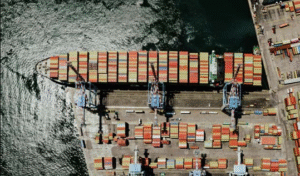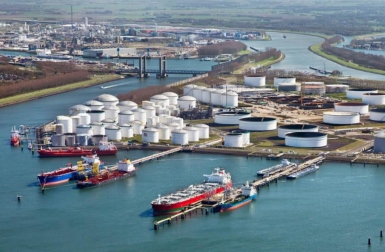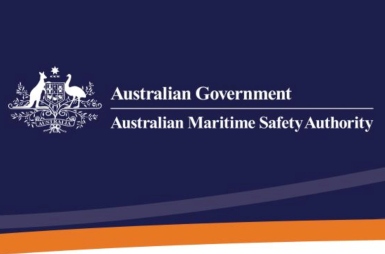
In its 44th report of Session 24-26, the cross-party House of Lords Secondary Legislation Scrutiny Committee has criticised the length of time taken by the Marine and Coastguard Agency (MCA) to implement recommendations from marine accident reports, made by the Merchant Shipping (Vessels in Commercial Use for Sport or Pleasure) Regulations 2025 (the Regulations). The Regulations set out various requirements for small and large vessels and introduce additional requirements arising from recommendations made in two reports by the Marine Accident Investigation Branch. Continue reading “UK Lords Committee criticises delay in implementing recommendations from marine accident reports”








 The Panama Maritime Authority (PMA) has implemented an additional safeguard called Precheck, a screening process that aims to ensure only compliant vessels join the Panama Ship Registry. The Precheck process involves a thorough risk assessment of various aspects related to the vessel, its owner, operator, and/or charterer before applying for the entry into the Panama Ship Registry to ensure that the vessel meets the international standards regarding safety, environmental protection, crew welfare, and to promote cooperation and best practices in the maritime industry.
The Panama Maritime Authority (PMA) has implemented an additional safeguard called Precheck, a screening process that aims to ensure only compliant vessels join the Panama Ship Registry. The Precheck process involves a thorough risk assessment of various aspects related to the vessel, its owner, operator, and/or charterer before applying for the entry into the Panama Ship Registry to ensure that the vessel meets the international standards regarding safety, environmental protection, crew welfare, and to promote cooperation and best practices in the maritime industry.
